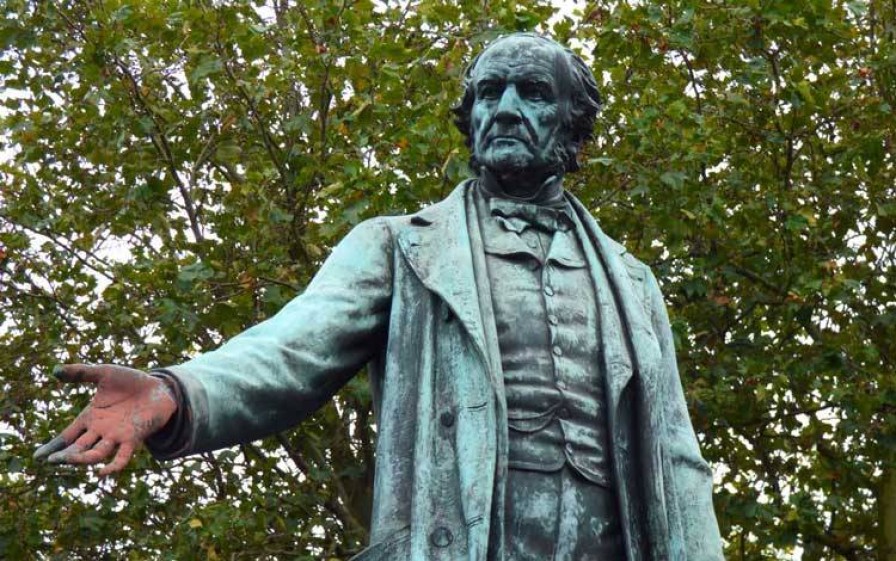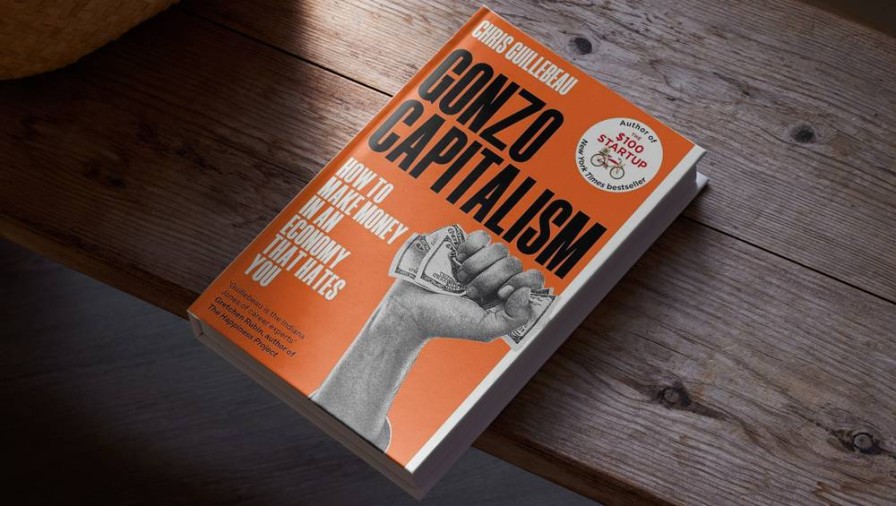How to overcome fear and loathing of capitalism
ANALYSIS: Lessons in money-making for today’s socialist generations.
WATCH: NBR columnist Nevil Gibson speaks with Calida Stuart-Menteath.
ANALYSIS: Lessons in money-making for today’s socialist generations.
WATCH: NBR columnist Nevil Gibson speaks with Calida Stuart-Menteath.
The favouritism of the post-Baby Boomer generations for socialism over capitalism is well known. It was born from an ignorance of Cold War realities and the historical failure of socialist theory in practice.
One-party states were the inevitable outcome, along with the abolition of private property and corrupt political power wielded by a self-appointed elite. Liberal Western democracies embraced some socialist ideas, usually in the form of a welfare state.
But the wealth and prosperity on which they were based remained due to private enterprise. The socialist part was to redistribute the proceeds according to need, as Karl Marx had preached.
Opposition to capitalism has been in revival mode for some time. Yet the paradox is that capitalism as an economic system is thriving as never before in its ability to lift living standards.
The latest attempt to understand this comes from American public speaker and self-styled cultural creative Chris Guillebeau, author of such books as the Art of Non-Conformity (2010), The $100 Startup (2012), The Happiness of Pursuit (2014), Born for This (2016), and a novel, The Money Tree (2020).

Chris Guillebeau.
He is the creator and host of the annual World Domination Summit, which attracts some 10,000 alternative-style capitalists from 40 countries. It is held annually in Portland, Oregon, and claims to bring “together people who are interested in living a remarkable life in a conventional world. It is a week-long celebration of community, adventure, and service that features inspiring speakers, workshops, meetups, parties, and more”.
Guillebeau’s other claim to fame is that he visited every country in the world before he was 35. His blog tracking his progress made him famous to some, mainly because of his use of frequent-flier points, credit card promotions, and the like to fund his travel.
He is now 45 but shows no sign of slowing down. He has a daily podcast, Side Hustle School, and its many stories of making money by unconventional ways is the basis for his latest publication, Gonzo Capitalism: How to make money in an economy that hates you.
It is the subtitle that explains the capitalist paradox. Guillebeau wondered why his readers and fans, who were mainly of the post-Boomer generations, had a negative view of an economic system that revolved around making money.
His requested answers to the question: What is capitalism? Those in the negative produced six standard replies:
You will hear such statements uttered every day in the New Zealand media, possibly because an election campaign is under way. They are a world away from the historical background to the legislation that created the joint stock company in Britain in the mid-1800s.

British Prime Minister William Gladstone originated modern company laws.
This ended the creation of Crown-chartered monopolies that ran commerce up to that time. The aim was to stimulate economic growth, curb corruption, and stop the abuse of public power.
Such corporations were limited to the objectives set out in the founding documents, today known as maximising shareholder value (profits). Investors could monitor their companies’ performance through sharemarket and annual report disclosures, while ensuring their companies did not divert resources to political or other ends.
At least, that was the goal. Modern business is way more complex but is also under pressure to break away from those basic principles. Socialist-leaning governments, for example, are keen on what they call a ‘social licence’, as if business should not stick to its knitting and become enmeshed in other objectives.
Guillebeau’s use of the term ‘Gonzo’ is an attempt to re-establish those principles of creative enterprise and expose the system’s shortcomings, including over-regulation by the state.

Bernicio Del Toro and Johnny Depp Fear and Loathing in Las Vegas (1998).
Applied to journalism, ‘gonzo’ was a term that Wikipedia defines as an “energetic first-person participatory writing style [that] draws its power from a combination of social critique and self-satire”. Its first exponent was Hunter S Thompson, though the term’s actual origins are disputed.
Guillebeau delivers his ‘how to make money in business’ advice with the same free-flowing ease as Thompson, though the style is much improved. I recently watched the Terry Gilliam’s 1998 movie of Fear and Loathing in Las Vegas (1971), Thompson’s most famous work, which is now on Neon. It was embarrassing.
There’s plenty to admire in Guillebeau’s series of anecdotes about people who have made, and occasionally lost, plenty of money in unusual ways, from the phenomena of cryptocurrencies and crowd-funding to the use of artificial intelligence in creating books, pictures, and other forms of art.
The best are about folk who have outwitted the corporate beasts, or deliberately set out to be acquired by them.
McDonald’s had a notorious reputation for the unreliability of its McFlurry soft serve ice cream machines. They were programmed to be needlessly complicated and prone to malfunction.
Repair costs had to be paid by franchisees, not McDonald’s. It sparked a couple – Jeremy O’Sullivan and Melissa Nelson – to create an app that tracked all the broken machines in the US as well as showing franchise owners how to hack the machines so they operated consistently.
Instead of being welcomed by McDonald’s, it tried to put the couple, who had invented their own frozen yoghurt dispenser, out of business. They fought back with litigation seeking “no less” than US$900 million in damages. Their website, McBroken, still exists.

Ice cream dispensers at McDonald’s are often out of order.
In another example, DeLores Williams took on HP for making printers that only accepted its own ink-jet cartridges. She obtained a class-action settlement of US$1.5m that prevents the practice, thus making cheaper cartridges available in all printers.
I took a leaf out of Guillebeau’s book, literally, and asked Bing Chat for a review. It replied:
“The book is divided into three parts: The New Rules of Money, The New Markets of Money, and The New Methods of Money. In each part, Guillebeau introduces a variety of unconventional ways to earn money, such as naming babies, betting on anything, bartering online, selling sleep, and more.
“He also provides practical tips and tools on how to get started, find customers, and scale up. Along the way, he profiles real-life examples of people who have turned their ideas into income, such as a teenager who made US$400,000 naming babies, a woman who traded a hairpin for a house, and a man who earned six figures playing video games.
“Gonzo Capitalism is not just a book about making money; it is a book about making a living on your own terms. It is a book for anyone who wants to escape the rat race, pursue their passions, and create their own opportunities. It is a book that inspires you to think differently, act boldly, and unleash your potential. Gonzo Capitalism is a must-read for anyone who wants to join the money revolution.”
I wouldn’t agree with Bing Chat’s hyperbole, which comes from the publisher’s promotional material, but you get the drift that, if your world is full of TikTok influencers then you needn’t be afraid of Gonzo capitalism.

Gonzo Capitalism: How to make money in an economy that hates you, by Chris Guillebeau (Macmillan).
Nevil Gibson is a former editor at large for NBR. He has contributed film and book reviews to various publications.
This is supplied content and not paid for by NBR.
Sign up to get the latest stories and insights delivered to your inbox – free, every day.